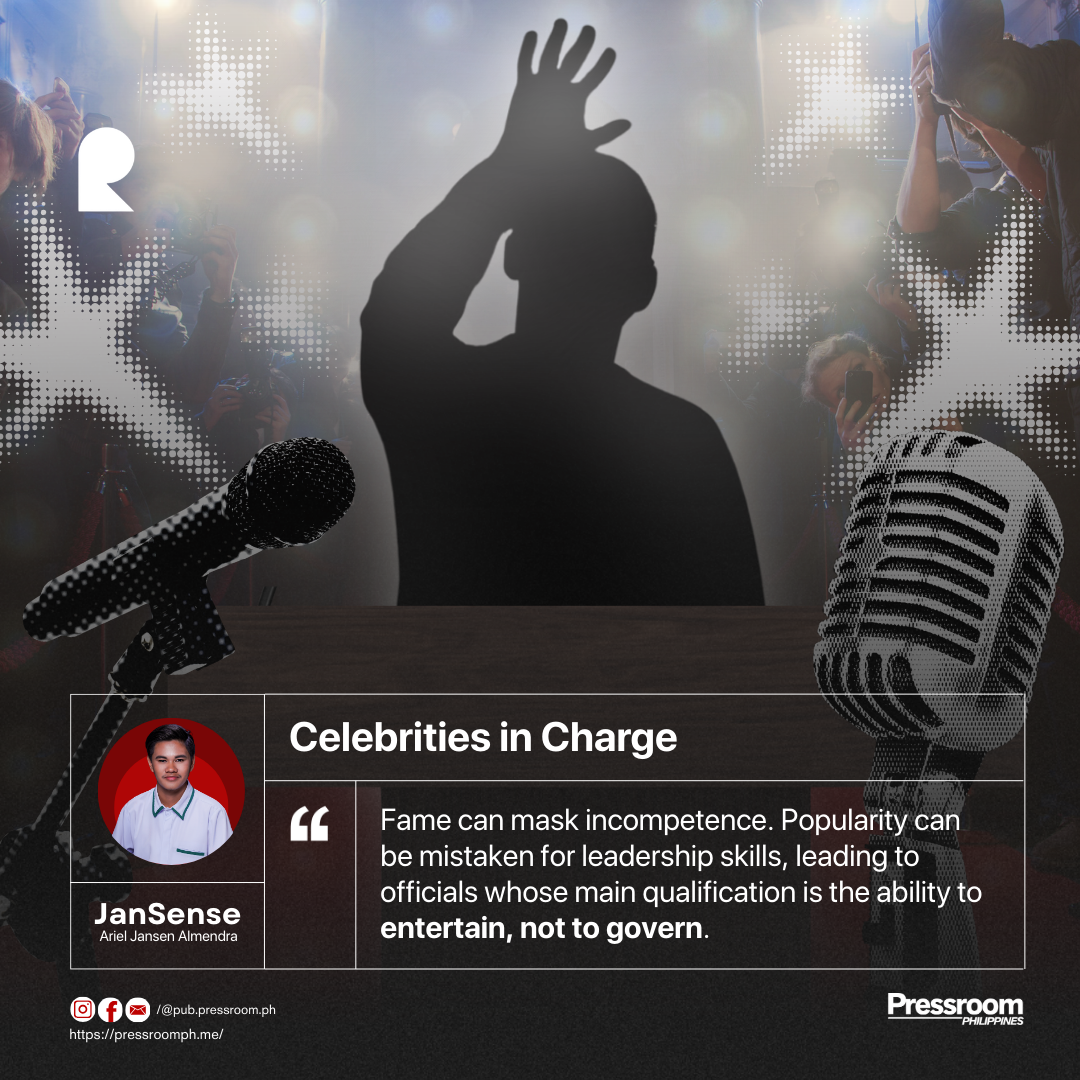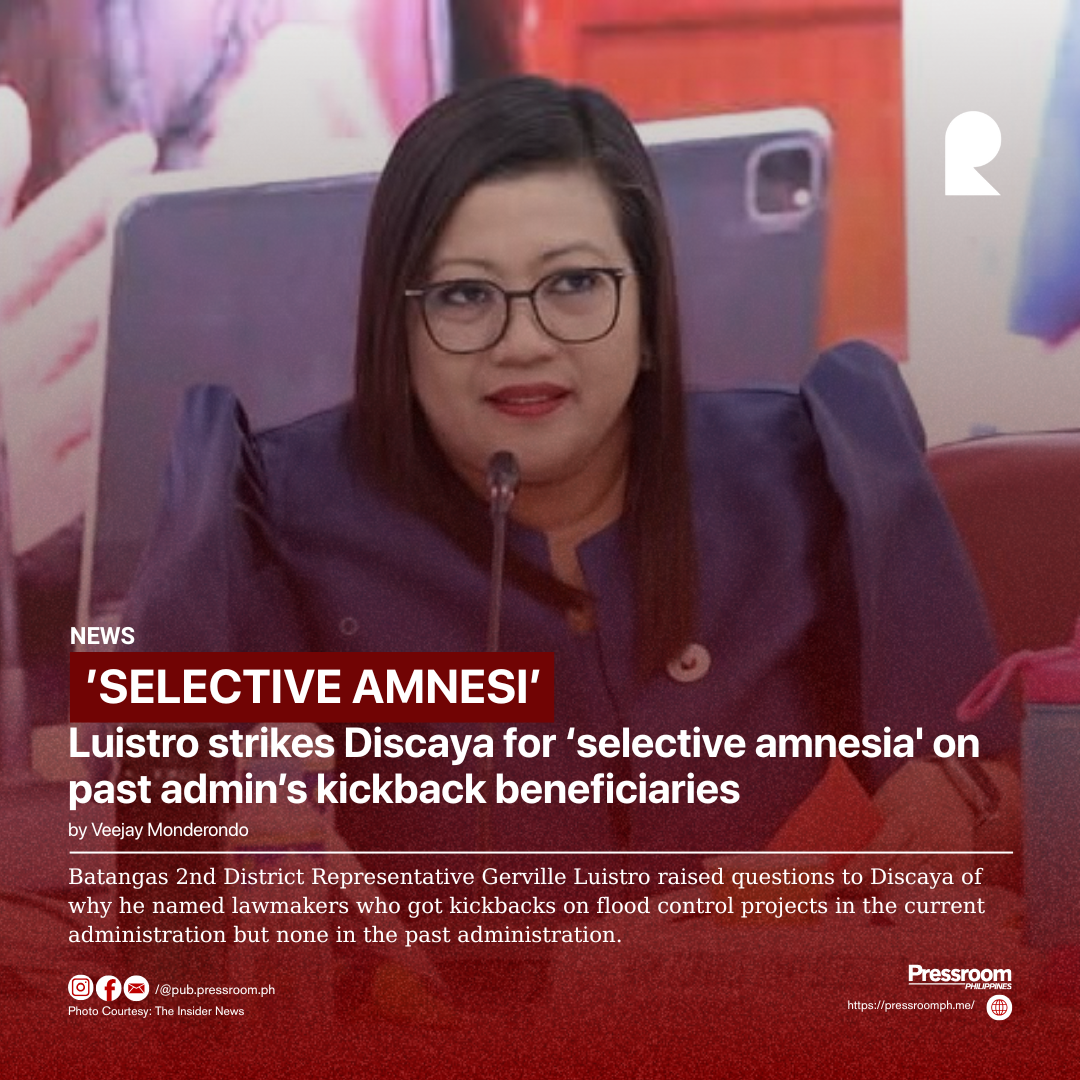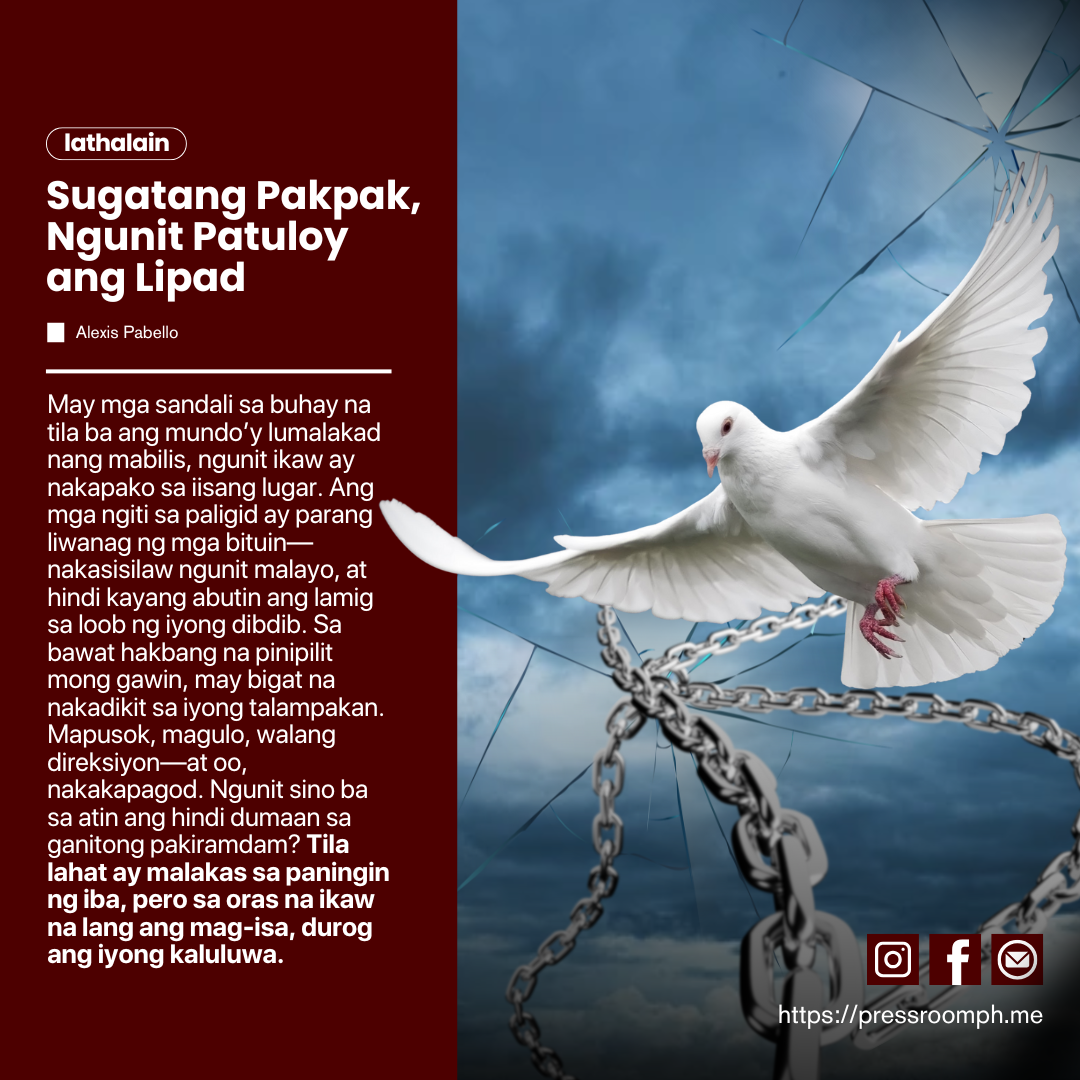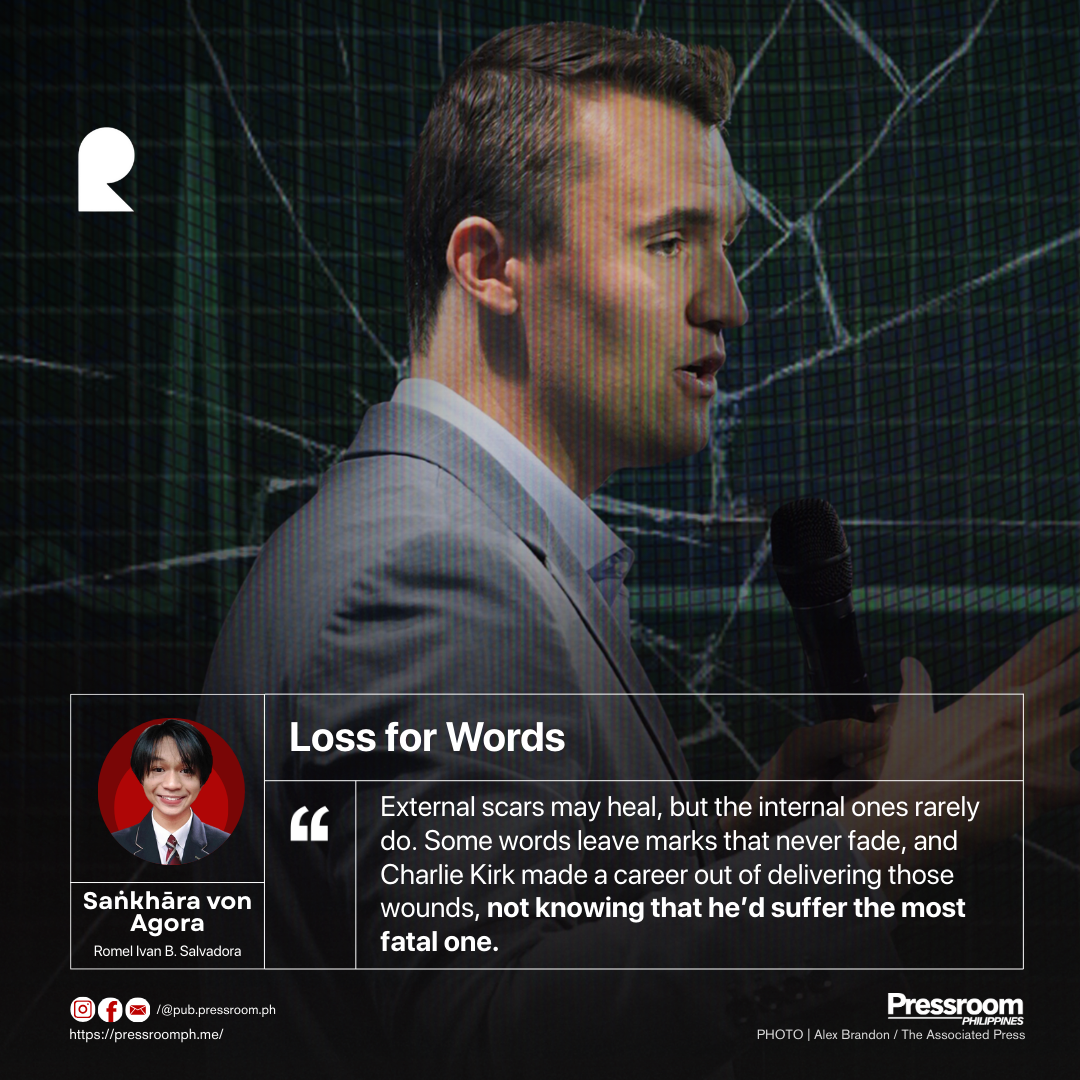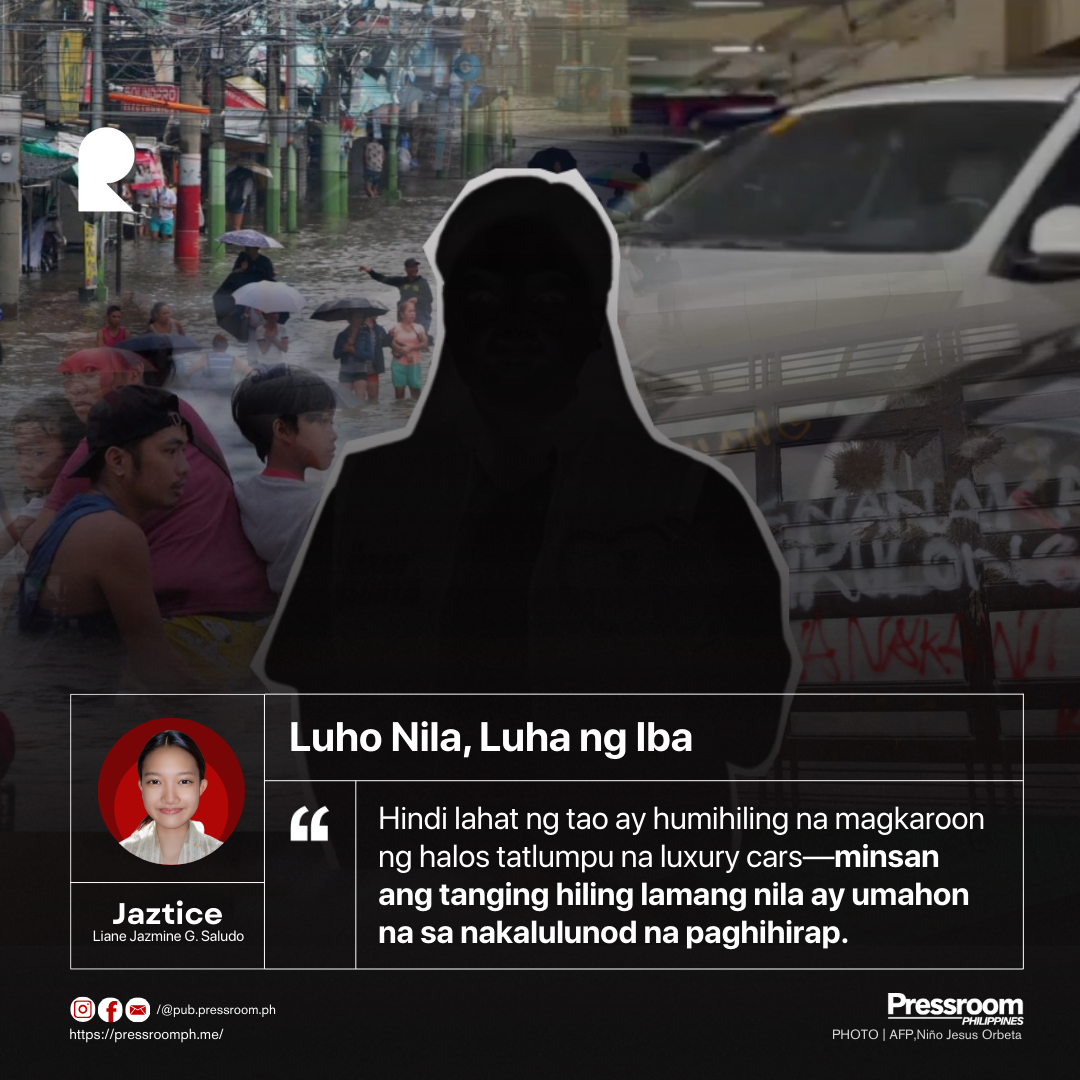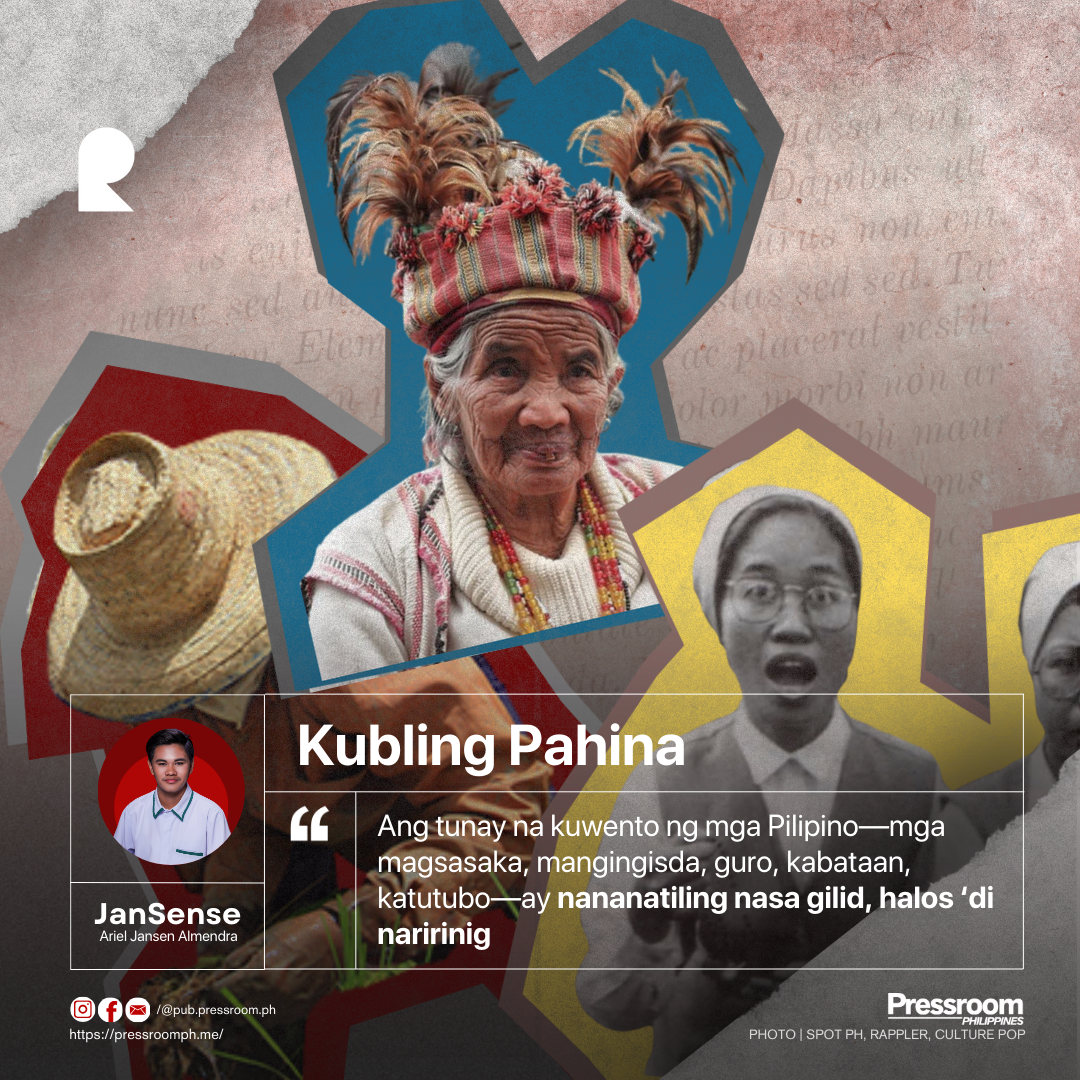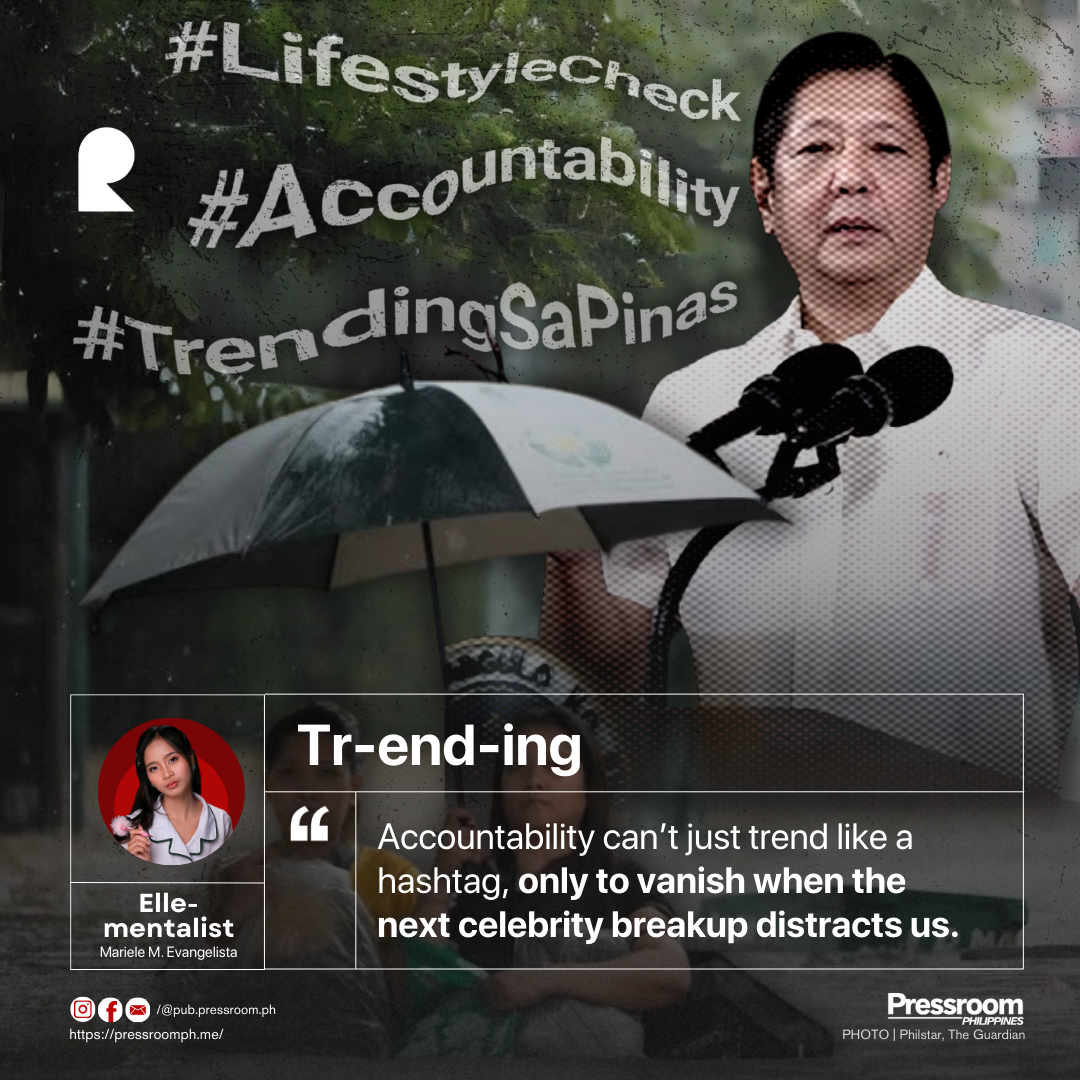via Ariel Jansen Almendra
In the Philippines, the line between entertainment and politics has long been blurred. Our history is filled with actors, singers, and television personalities crossing over into public service—sometimes with resounding success, sometimes with devastating consequences. This merging of showbiz and politics isn’t surprising in a country where popularity often outweighs platforms, and charisma can trump competence.
Celebrities wield an undeniable influence over the public. With millions of followers on social media and the ability to capture attention in an instant, they hold a kind of power that traditional politicians struggle to match. This power is often used in two ways: either to spark controversy or to champion political causes.
Take, for instance, how entertainers openly endorse candidates during elections. Their star power can sway votes, especially among ordinary Filipinos who see them as trusted household figures. In 2022, we witnessed how celebrities rallied behind presidential candidates, mobilizing crowds and amplifying political campaigns online. Their presence turned rallies into star-studded concerts, blurring the line between civic duty and entertainment. For many Filipinos, the glitter sometimes outshines the substance.
On the other hand, there are artists who use their platforms for activism. Celebrities like Angel Locsin have spoken out about social issues, from disaster relief to human rights. These acts show how fame, when used responsibly, can spark awareness and mobilize aid faster than bureaucratic processes ever could. In this sense, the entertainment industry can serve as a powerful partner in public affairs.
But there’s also a dangerous side to this. Fame can mask incompetence. Popularity can be mistaken for leadership skills, leading to officials whose main qualification is the ability to entertain, not to govern. The Philippines has seen this repeatedly—names voted into office because they were familiar faces on television, only to struggle once the cameras stopped rolling.
Today, as the nation grapples with issues such as inflation, disinformation, and political dynasties, the role of celebrities in politics becomes more critical. Do they help push for accountability, or do they add to the noise of personality-driven politics? The challenge lies in how we, the people, discern between substance and spectacle.
Fame is power—but power without responsibility is a recipe for disaster. If celebrities choose to step into the arena of public affairs, they must do so with the understanding that governance is not another performance stage. And as citizens, it’s our duty to see past the spotlight and judge our leaders not by the roles they once played, but by the real change they can deliver.
